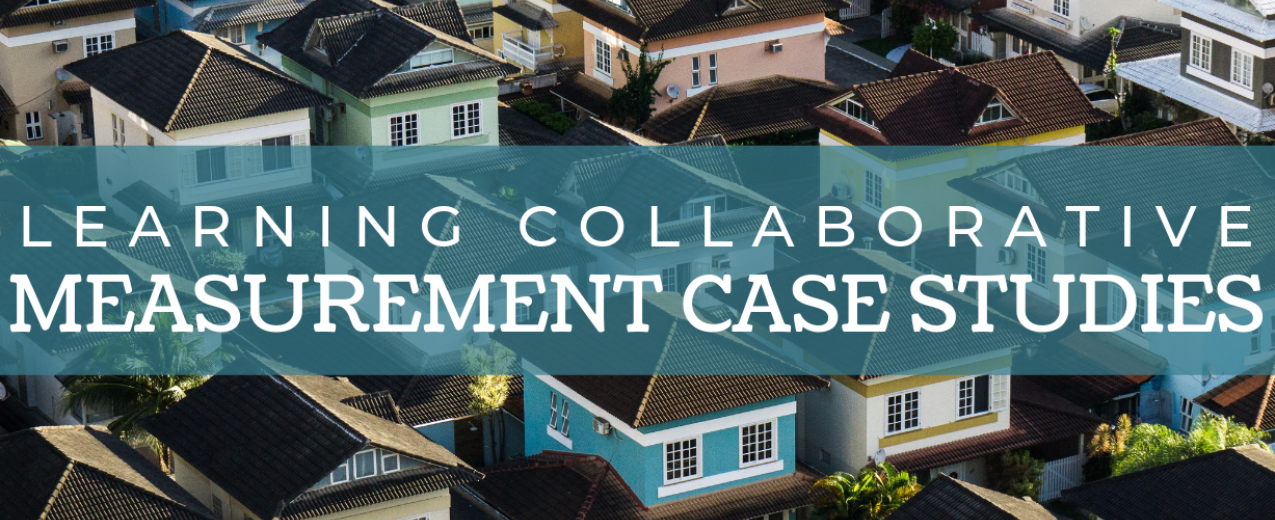
- Project summary
- 4 February 2021
Understanding Women's Reproductive Experiences and Decisions (WRED)
- Author: Rebecca Justus
- Published by: Social Norms Learning Collaborative
Organizations involved
Nossal Institute for Global Health at the University of Melbourne; Center for Reproductive Health at Gadjah Mada University; Indonesian Breastfeeding Mothers Association (Asosiasi Ibu Menyusui Indonesia); Yogyakarta City Public Health Office (Dinas Kesehatan Kota Yogyakarta)
Summary
This study, undertaken in urban Yogyakarta, Indonesia, involved 31 in-depth interviews with 20 predominantly married, middle class, Muslim women who had given birth in the prior two years; two focus group discussions with seven primary health workers and seven breastfeeding counsellors; and four semi-structured interviews with five key community stakeholders; and participant observation. Fieldwork was undertaken over 18 months (2014-2016) and employed a grounded theory approach to generate key themes for analysis. A key outcome of this study was the development of an analytical framework for understanding women’s reproductive experiences and decisions at multiple levels, including their interpersonal relationships, societal norms, and formal reproductive politics (the WRED framework). The application of the WRED framework can facilitate the development of multi-level, translational recommendations that take into account the complexity of factors influencing women’s reproductive health and reproductive agency.
Social norms of interest
Women's reproductive agency; normative gender roles and expectations
Behaviors of interest
Marriage and parenthood; postpartum family planning preferences; infant feeding preferences; productive and reproductive work balance
Project components
The WRED framework allows for the clear conceptualisation of how women’s reproductive experiences and decisions are simultaneously shaped at three interdependent levels: reproductive politics, reproductive modernity and reproductive agency. The first level, reproductive politics, includes international- and national-level agreements, programs, policies and laws intersecting with or aimed at promoting reproductive health. The second level, reproductive modernity, involves evolving societal norms concerning reproduction, and how these norms shape and inform women’s and couples’ reproductive desires and preferences. The third level, reproductive agency, is concerned with women’s day-to-day negotiations within their intimate circles and with health care institutions.
Social norms measurement
In-depth interviews, semi-structured interviews, focus group discussions were conducted, along with participant observation, with married women, primary health workers, breastfeeding counsellors, and key community stakeholders.
Key findings to date
Key findings demonstrate how women’s reproductive agency in relation to family planning, infant feeding, and balancing reproductive work with paid work or study may be both supported and constrained in their everyday negotiations within their intimate circles and with health workers, employers, and educational institutions. The findings also emphasize the ways in which reproductive modernity is intrinsic to women’s reproductive experiences and decisions, especially in relation to their preferences for non-hormonal and non-biomedical contraceptive methods. They also highlight the intersection of formal political agendas with women’s intimate lives, informing their decisions to breastfeed, their balancing of reproductive and productive work or study, and their family planning negotiations.
Attribution statement
This was a doctoral study undertaken by Dr. Belinda Spagnoletti under the supervision of Associate Professor Linda Rae Bennett, Dr. Michelle Kermode and Professor Siswanto Agus Wilopo. Dr. Spagnoletti’s research was supported by an Australian Postgraduate Award scholarship, a Nossal Global Health Scholars Programme studentship, an Endeavour Research Fellowship and a Graduate Women Victoria Bursary in Memory of Feminist Fathers. The preferred citation for the WRED framework is: Spagnoletti, B. (2018) ‘And they lived happily ever after: middle class women’s reproductive experiences and decisions in Yogyakarta, Indonesia’. Doctoral thesis, University of Melbourne.

Back to the "Map of social norms-focused interventions and research"
- Countries / Regions:
- Indonesia
- Data collection methods:
- Focus group, Interview